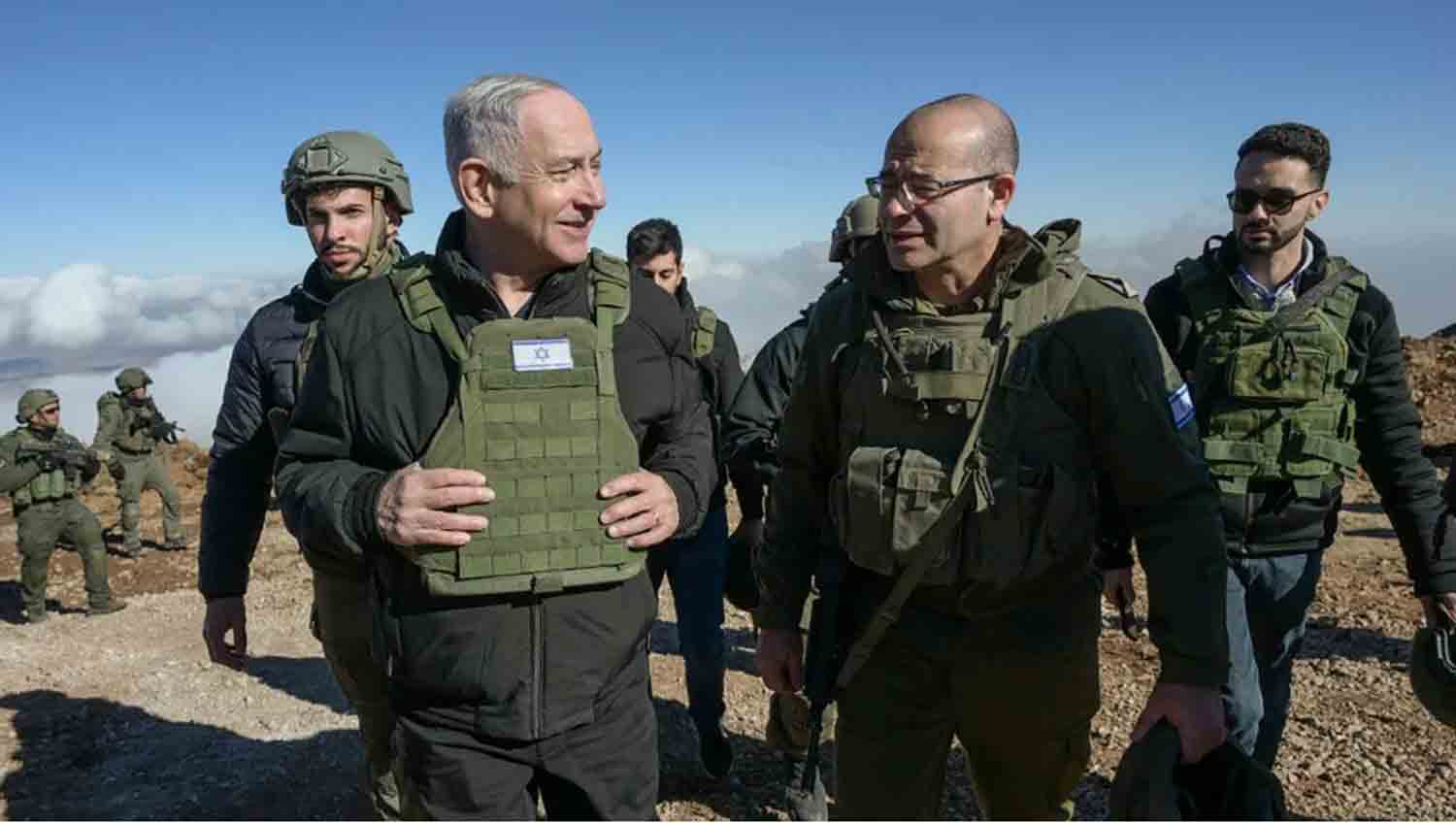The United States has decided to discontinue the $10 million reward for information leading to the capture of Ahmed Hussein al-Sharaa, commonly known as Abu Mohammad al-Golani. This decision follows a meeting between a Washington delegation and the leadership of Hayat Tahrir al-Sham (HTS) in Damascus on Friday.
Earlier this month, Syrian opposition forces, primarily composed of HTS jihadists, initiated a surprise offensive throughout the country, successfully seizing several key cities, including the capital, Damascus. In light of these developments, Bashar Assad stepped down as president and sought asylum in Russia.
As part of a wider diplomatic initiative with the newly established Syrian leadership, Barbara Leaf, the US Assistant Secretary of State for Near Eastern Affairs, led a delegation to Syria on Friday. This visit marked the first time American diplomats have been in the country since the US embassy in Damascus was closed in 2012.
During her discussions with al-Sharaa, Leaf addressed several important topics, such as the necessity of preventing terrorist organizations from operating in Syria and safeguarding the rights of minorities and women.
“We also emphasized the urgent need to ensure that terrorist groups do not pose a threat within Syria or to the US and our regional partners,” Leaf stated during a phone briefing from Jordan. “Following our conversation, I informed him that we would no longer pursue the Rewards for Justice program that has been in place for several years.”
HTS continues to be classified as a foreign terrorist organization by the United States, and the associated sanctions remain enforced despite recent developments. Leaf pointed out that the decision to retract the bounty signifies a shift in policy intended to facilitate engagement with the group.
“It seems contradictory to have a bounty on the head of the HTS leader while engaging in an in-depth conversation with him,” she remarked. “If that were the case, I might as well request the FBI to arrest him.”
The US delegation included Roger Carstens, the Special Presidential Envoy for Hostage Affairs, and Daniel Rubinstein, a senior adviser focused on relations with the newly formed Syrian forces. They addressed the situation of missing American journalist Austin Tice, who vanished in Syria in 2012, among other topics.
This week, the US military announced it had increased its troop presence in Syria to around 2,000 personnel prior to Assad’s potential downfall, aiming to thwart any attempts by Islamic State (IS) terrorists to take advantage of the chaos. The Pentagon also carried out airstrikes in the northeastern region of the country on Thursday, reportedly resulting in the death of a leader from the terrorist organization.
While there are no immediate plans to reopen the US embassy in Damascus, Leaf suggested that future diplomatic recognition would hinge on the actions taken by the new Syrian authorities.
Discover more from Defence Talks | Defense News Hub, Military Updates, Security Insights
Subscribe to get the latest posts sent to your email.





